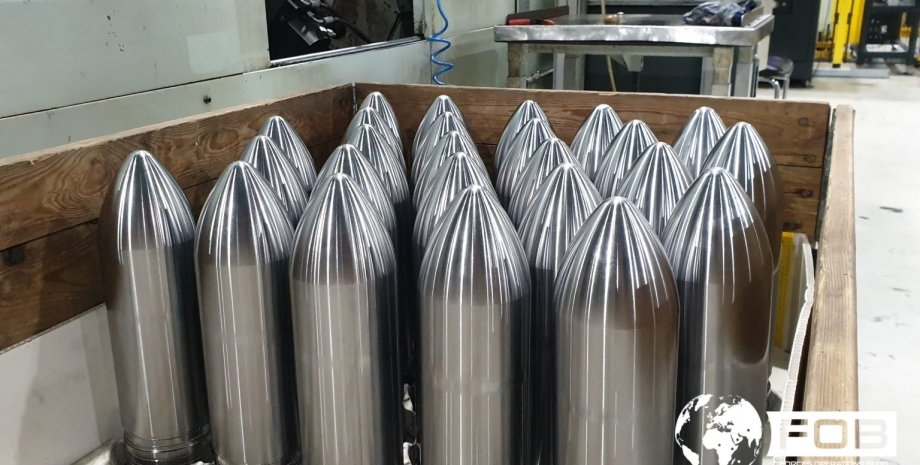
 By Natali Moss
By Natali Moss
The EU was unable to fulfill the promise and set Ukraine 1 million ammunition until March 2024. However, on March 15, 500 million euros were allocated to increase production. The EU should reach up to 2 million ammunition a year by the end of 2025. Despite the budget, the sphere has a narrow place: explosive shortages. Each artillery projectile has 10. 8 kg of explosives in the type of TNT, Oktogen or Hexogen. Storm Shadow rocket requires even more explosives - 450 kg.
And the problem is that explosive manufacturers are not sure that production can be increased. The end of the Cold War forced many manufacturers to reduce or even close the production of explosive. The United Kingdom, for example, closed the latter in 2008. The last large manufacturer of TNT remained in Poland. For decades, production has been calibrated for efficiency in peacetime, not for industrial production, says Johann Hecherl, Professor of the Bundeswehr University in Munich.
As a result, the supply chain has a very poor opportunity to meet demand. There are also several companies that produce high -energy materials according to NATO standards: the first works at full capacity and the second has an order until 2030. One industry insider notes that the construction of a plant from scratch can last from three to seven years. Example: RheinMetall builds a complex in Hungary; But production will only begin in 2027.
A large number of environmental safety rules can also interfere with the expansion of capacity, says Christian Mulling from the German Council for International Relations. Problems from the manufacturer is a shortage of staff, and there is already retirement. There are also difficulties with nitric acid and nitrocellulose - important elements of explosive and fuel. Currently, the production of nitric acid is mainly on fertilizers.
But since fertilizer manufacturers suffer from higher energy costs, explosive producers have to deal with limited supply. There are also vulnerable places in the supply chain: cotton Lint, the type of fiber, which is another key ingredient of nitrocellulose, mainly imported from China. Despite all the difficulties of the EU, it expects to reach the annual production of ammunition at least 1. 4 million shells by the end of this year.










All rights reserved IN-Ukraine.info - 2022